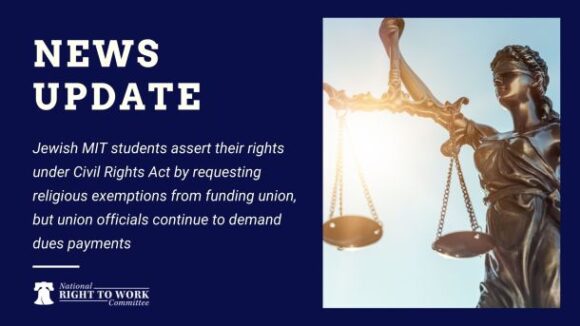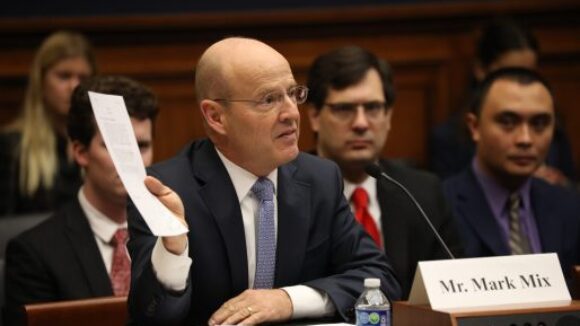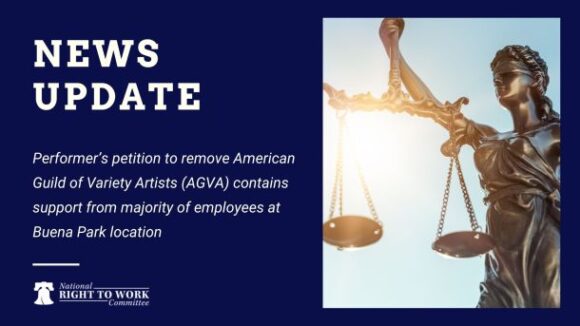One especially ugly aspect of the National Labor Relations and Railway Labor Acts (NLRA and RLA) and state laws affecting public-sector employees that are modeled after them is that they actively encourage employers to treat employees’ freedom of choice as a “bargaining chip.”
Under the topsy-turvy values of the NLRA and the RLA, an employer who cynically offers to make forced union membership or “agency” fee payment a condition of employment in exchange for union-boss concessions on employee pay and/or benefits is considered to be acting properly. On the other hand, an employer who flat-out refuses to consider eviscerating employees’ freedom to join or not join a union, regardless of what wage, benefit or work-rule concessions Big Labor officials offer in return, is committing an “unfair labor practice” subject to an array of fines and other penalties.
Sadly, even a number of proponents of Right to Work laws, which prohibit the firing of employees for refusal to pay dues or fees to an unwanted union, sometimes fall into the trap of suggesting that forced union dues can be acceptable as long as the employer gets “enough” in wage, benefit and work-rule concessions in return.
This is actually happening now in Michigan, the 24th Right to Work state. Adopted in December, Michigan’s ban on forced union dues, which covers all private businesses and most government agencies, doesn’t take effect until late this month. Multi-year union contracts including forced-dues provisions that are negotiated before the Right to Work law becomes effective will continue to be legal until their expiration under the law’s “grandfather” clause.
Greedy union officials who are concerned that a large share of the employees now under their control will cease paying union dues once they have a choice have for weeks been pressuring Michigan employers to sign new long-term contracts keeping compulsory unionism in place for as long as 10 more years. Judging by news accounts, it appears few private employers have been willing to go along, but a number of public school systems and universities and other public services have already acquiesced to multi-year extensions of Big Labor’s forced-dues privileges.
In the recent news account linked below, some critics of these worker-coercing deals seem to suggest they wouldn’t be objectionable as long as they involved “real taxpayer savings”:
“The message is: Protect taxpayers. If you’re going to do contracts, make sure that you come up with real taxpayer savings. We haven’t seen any yet,” said [Michigan state Rep. Al] Pscholka [R-Stevensville], chairman of the House higher education appropriations subcommittee.
In financially-strapped states like Michigan, public universities and public schools almost certainly do need to save money, but there are good ways and bad ways to do that. Trampling on employees’ freedom to join or not join a union is wrong, plain and simple. This is true regardless of whether it’s a private employee or a public employee.
The Michigan public employers who have recently caved in to union demands to keep workers trapped under compulsory-dues contracts for years to come, and for long after the Right to Work law takes effect, deserve public opprobrium, but not for failing to get a high enough price when they sold out their employees’ freedom. The fact is, employees’ freedom shouldn’t be for sale, at any price.


